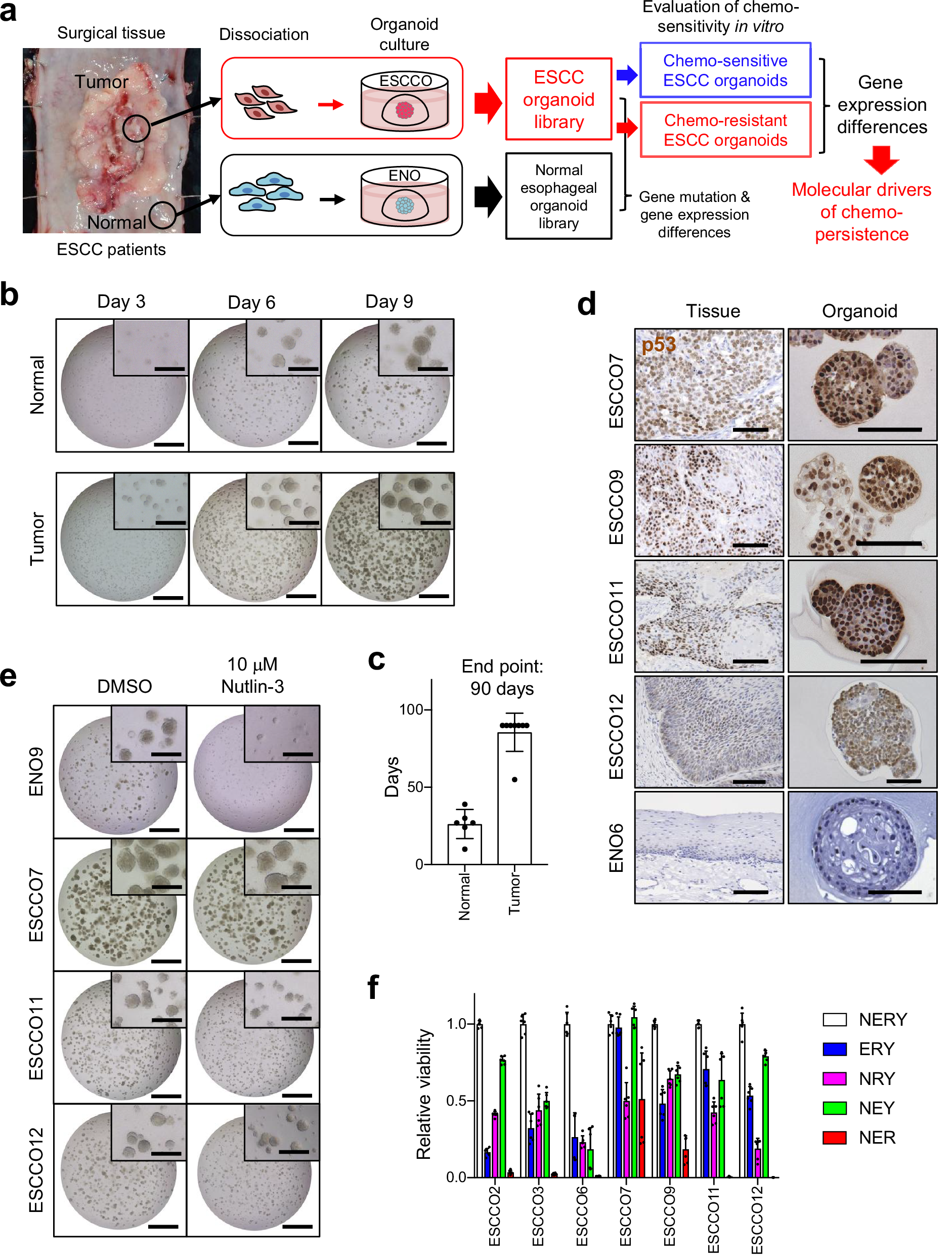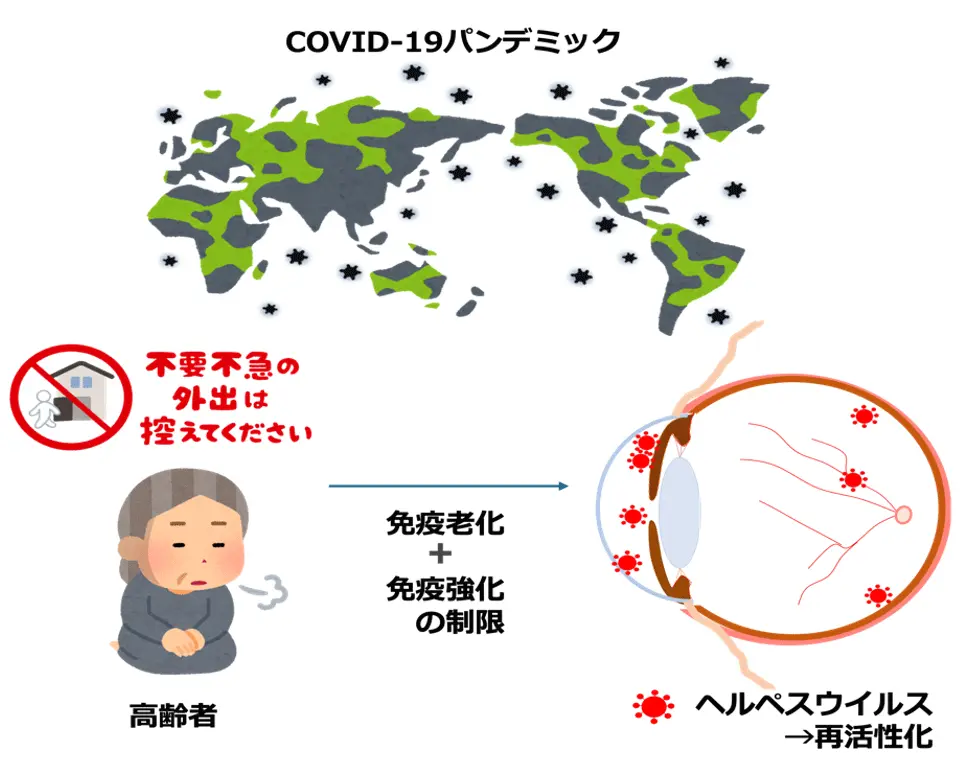2025-04-01 東京科学大学
<関連情報>
- https://www.isct.ac.jp/ja/news/h2ga5oz37cxe#top
- https://www.isct.ac.jp/plugins/cms/component_download_file.php?type=2&pageId=&contentsId=1&contentsDataId=1090&prevId=&key=3a87ece9f96cb0d249365551aca002f9.pdf
- https://www.nature.com/articles/s42003-025-07869-4
ヒト食道扁平上皮癌(ESCC)のオルガノイドライブラリーは化学療法抵抗性ESCCの特徴を明らかにした An organoid library of human esophageal squamous cell carcinomas (ESCCs) uncovers the chemotherapy-resistant ESCC features
Shunsaku Nakagawa,Taku Sato,Eriko Ohashi,Mihoko Kajita,Fuyuki Miya,Kouhei Yamamoto,Hiroki Yotsumata,Kazuya Yamaguchi,Yasuaki Nakajima,Akinori Miura,Yusuke Kinugasa & oshiaki Ohteki
Communications Biology Published:1 April 2025
DOI:https://doi.org/10.1038/s42003-025-07869-4

Abstract
Esophageal squamous cell carcinoma (ESCC) is a deadly cancer with a poor prognosis and a high recurrence rate after chemotherapy, posing a significant clinical challenge. To elucidate the molecular basis of chemotherapy (chemo)-resistance and to develop methods to effectively eliminate chemo-resistant tumor clones, we established an ESCC organoid (ESCCO) library from 24 ESCC patients of various stages, ages, and treatments. These ESCCOs faithfully recapitulate the oncogenic mutations observed in the original ESCC tissues and manifest tumorigenic properties when xenografted. The ESCCOs respond differently to cisplatin and 5-fluorouracil, chemotherapeutic agents commonly used to treat ESCC patients, with 7 ESCCOs exhibiting potent chemo-resistance. Notably, the chemo-resistant ESCCOs show higher genes involved in antioxidant stress response pathways and more accessible chromatin at their loci than the sensitive ESCCOs. These genes can serve as valuable biomarkers to stratify chemo-resistant ESCCs in histopathological specimens. Through drug screening using the ESCCO library, we reveal that fedratinib effectively induces cell death in chemo-resistant ESCCOs. Collectively, our human ESCCO model offers novel insights into the mechanism of chemo-resistance in ESCCs, which is critical for developing effective therapeutic approaches to eradicate the recurrence of ESCCs.


